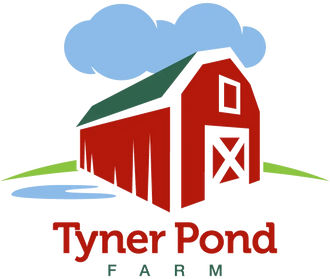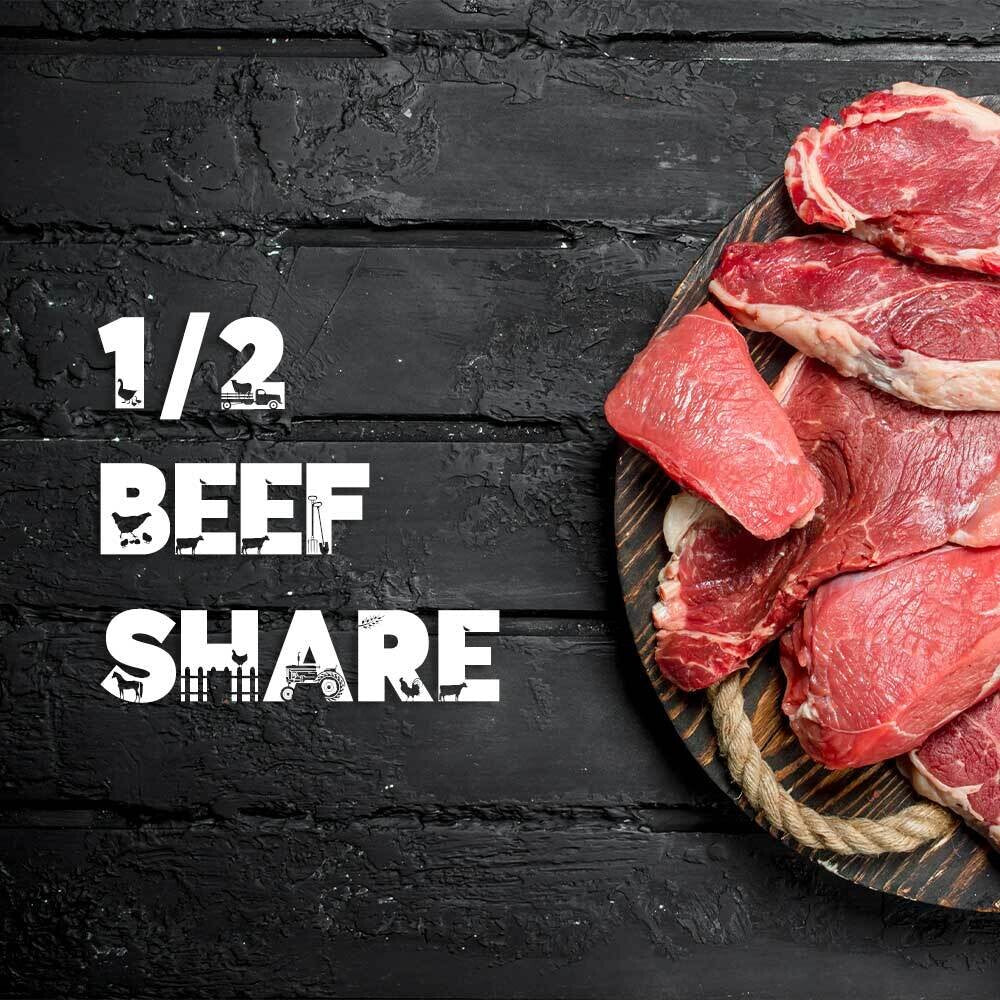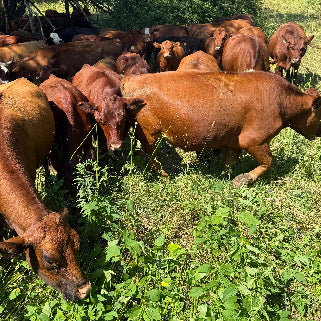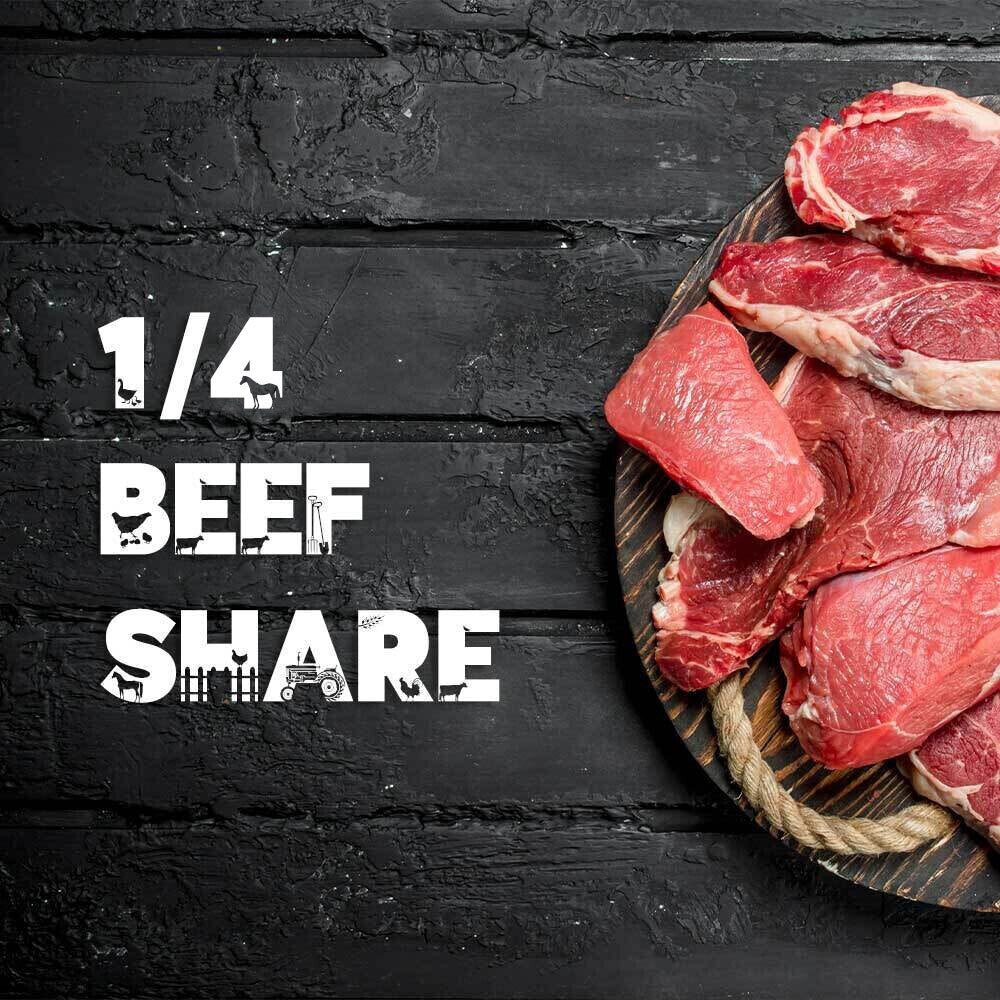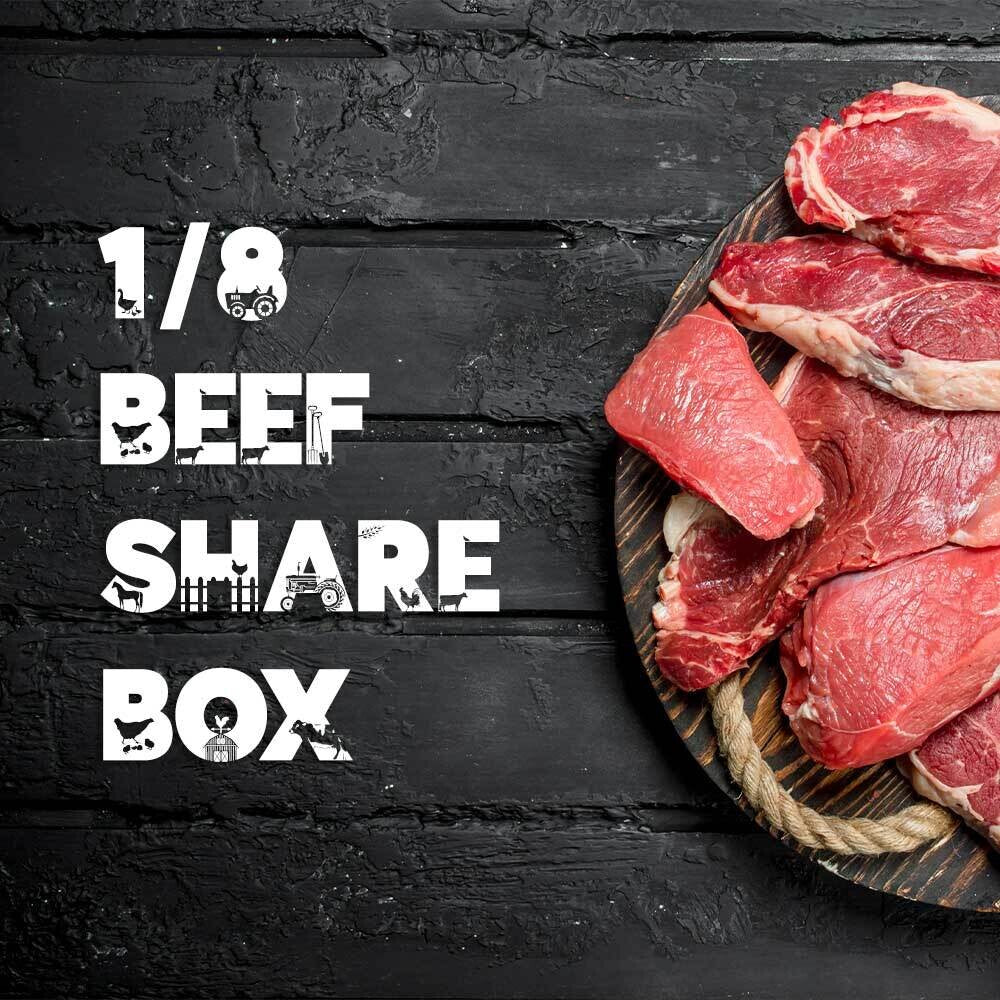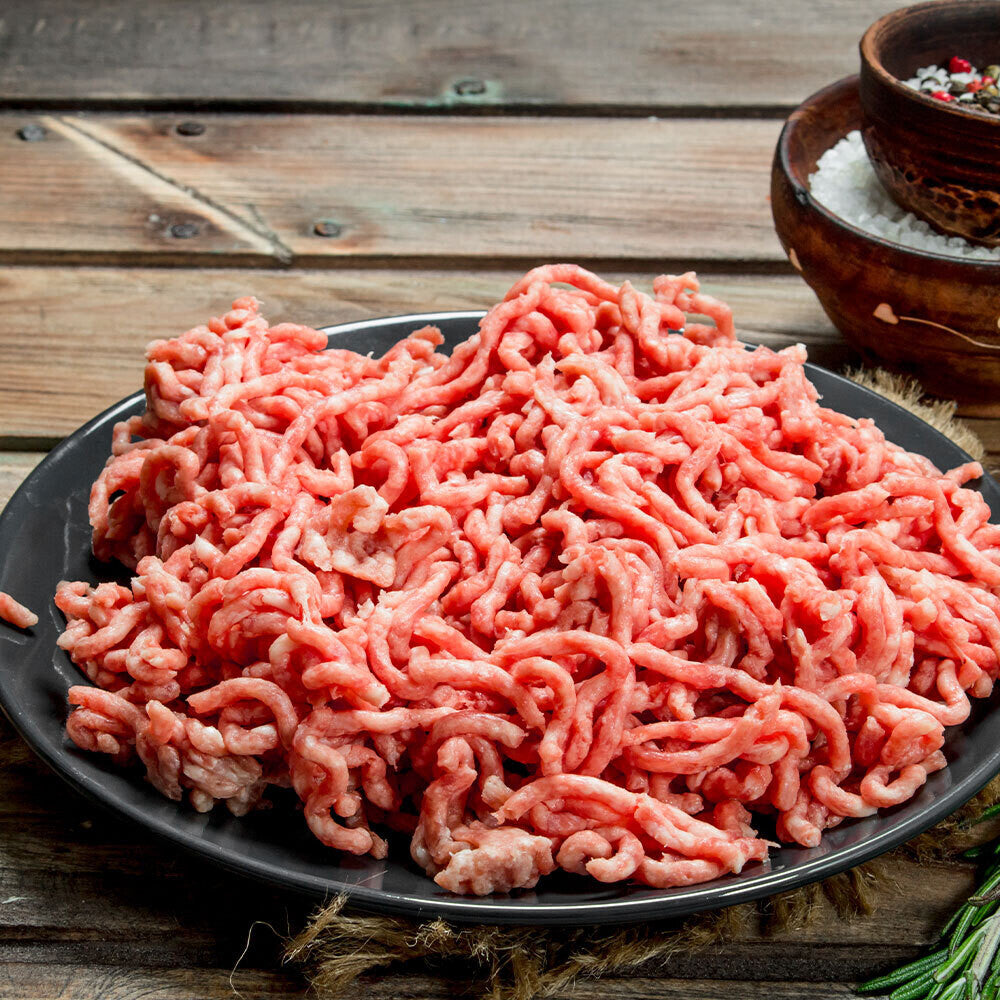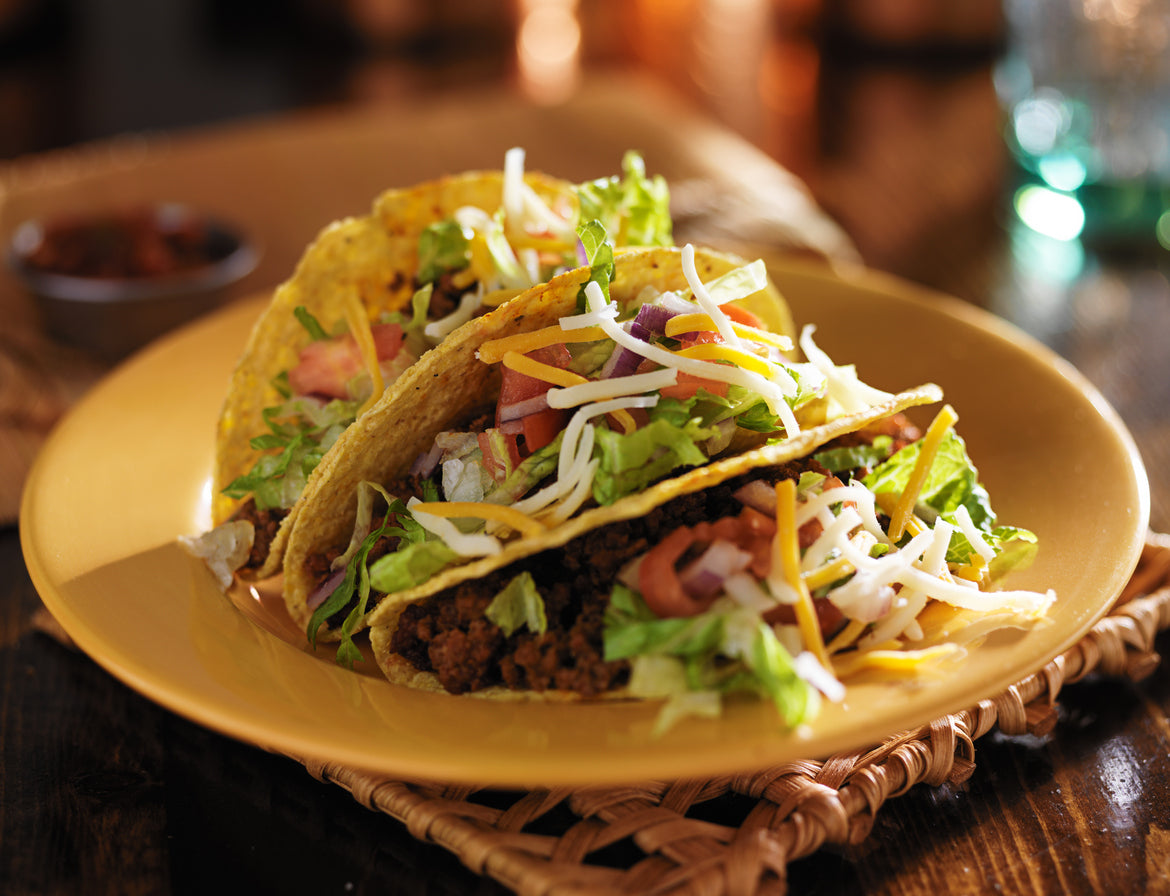
Understanding Chicken Labels: Free Range vs. Pasture Raised and the Benefits of Pasture Raised Chickens
 Tyner Pond Farm Pasture Raised Chicken
Tyner Pond Farm Pasture Raised Chicken
Introduction
do you find labels in grocery stores confusing? the corporations do their best to hide their practices. This is especially true when it comes to chicken, as there are many different labels that can be quite misleading. In this blog post, we will discuss the differences between two commonly used labels: "free range" and "pasture raised," and explore the numerous benefits of pasture raised chickens.Free Range vs. Pasture Raised: What's the Difference?
Free Range
Free range is a term that generally refers to chickens that are allowed to roam outdoors for at least part of the day. However, there is a catch: according to the United States Department of Agriculture (USDA), free range chicken only requires that the birds have access to the outdoors. This means that there is no specification regarding the quality or size of the outdoor area or the amount of time spent outside. In some cases, the outdoor space provided to free range chickens can be as small as a few square feet of concrete or dirt, with no vegetation. Moreover, the doorway to the outside might be small and difficult to access, leading many chickens to remain indoors. As a result, free range chickens may not have the opportunity to truly roam and forage.Pasture Raised
Pasture raised chickens, on the other hand, are raised in a more natural and spacious environment. They have consistent access to a large area of green pasture where they can roam, forage, and engage in natural behaviors. Pasture raised chickens typically have a more diverse diet, as they can eat grass, insects, and other plants, which can contribute to the quality and flavor of their meat and eggs. In addition to a more natural environment, pasture raised chickens are often raised using more sustainable and humane practices, such as rotational grazing and lower stocking densities. This allows for healthier, happier chickens and a lower environmental impact.The Many Benefits of Pasture Raised Chicken
Improved Animal Welfare: Pasture raised chickens have the opportunity to live more natural lives, as they can engage in behaviors such as dust bathing, foraging, and socializing. This can lead to happier, healthier birds and improved animal welfare.- Better Nutrition: Pasture raised chickens have a more diverse diet, which can result in more nutritious meat and eggs. Studies have shown that pasture raised eggs can contain higher levels of vitamins, minerals, and omega-3 fatty acids compared to their conventionally raised counterparts.
- Enhanced Flavor: Many consumers report that pasture raised chicken has a superior taste and texture, as their natural diet and outdoor lifestyle can contribute to a more flavorful and tender meat.
- Environmental Sustainability: Pasture raised chicken farming can have a lower environmental impact, as it often utilizes practices such as rotational grazing and lower stocking densities. This can help maintain soil health, reduce water pollution, and promote biodiversity.
- Support for Local Farmers: By choosing pasture raised chicken, you can support small, local farmers who prioritize animal welfare and environmental sustainability. This helps to strengthen local food systems and contributes to a more resilient and diverse agricultural landscape.
Conclusion
Understanding the difference between free range and pasture raised chicken is crucial in making informed decisions as a consumer. By choosing pasture raised chicken, you are not only supporting better animal welfare and environmental sustainability, but also enjoying the benefits of a more nutritious and flavorful product. Next time you're at the grocery store or your local farmers market, keep an eye out for pasture raised chicken to experience the difference for yourself.
Tags:
Previous post
Elevate Your Steak Game with a Show-Stopping Tomahawk Steak
Next post
